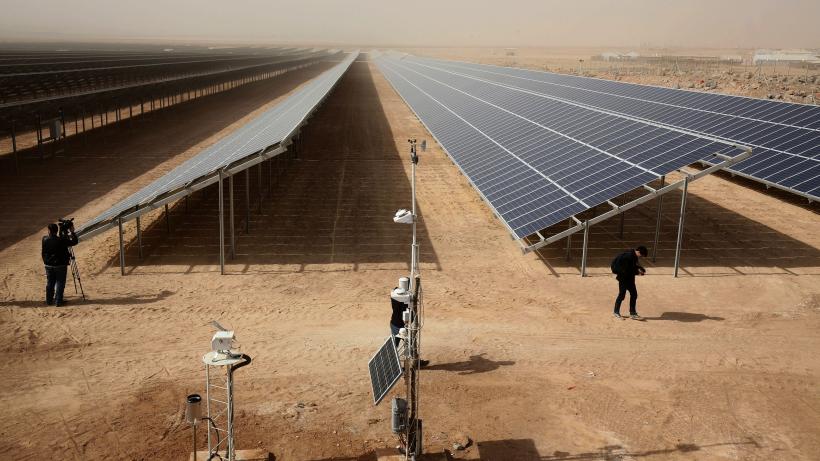
LSE Environment Week 2023
The Economics of Environment and Energy Programme (EEE), International Growth Centre (IGC), and Programme on Innovation and Diffusion (POID) within the LSE Economics Department is convening the second Environment Week at LSE on 11-14 September 2023. Working with partners at the School and across the world we want to use Environment Week to encourage economists from all fields of economics to work on environmental issues and to connect this work to policy change.
Three public events, namely, 'The war on air pollution', 'From adversity to resilience: Climate justice in developing countries', and 'An industrial strategy for the green economy', will have the dual option of in-person and online attendance.
View the full LSE Environment Week programme.
The war on air pollution

Clare Balboni
Assistant Professor, London School of Economics and Political Science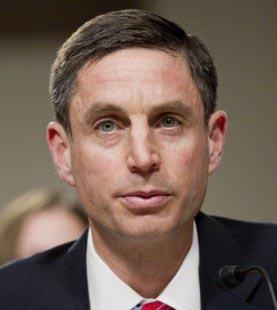
Michael Greenstone
Milton Friedman Professor of Economics, University of Chicago
Namrata Kala
Associate Professor, Massachusetts Institute of Technology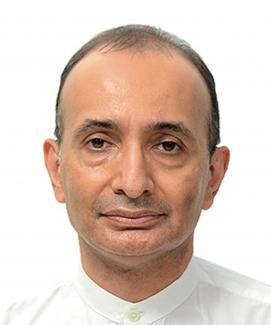
Muhammad Omar Masud
Chief Executive Officer, The Urban Unit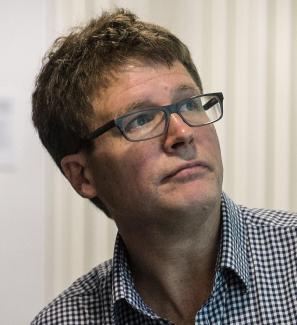
Robin Burgess
Director, IGC and Professor of Economics, London School of Economics and Political Science (LSE)The global population is experiencing a reduction of approximately two years in life expectancy due to air pollution—a challenge of immense proportions confronting humanity. Despite significantly jeopardising wellbeing, and contributing to climate change, this critical issue remains inadequately addressed.
From adversity to resilience: Climate justice in developing countries

Oriana Bandiera
Professor of Economics, London School of Economics and Political Science (LSE)
Chipokota Mwanawasa
Special Assistant for Public Policy to the President of Zambia
Asif Saleh
Executive Director, BRAC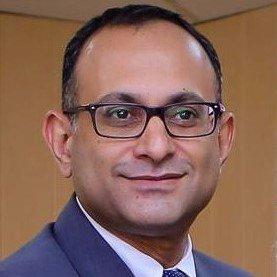
Ali Sarfraz
Ambassador of Pakistan to World Trade Organization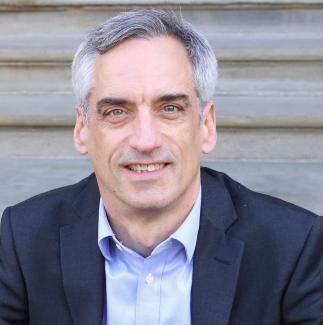
Jonathan Leape
Executive Director, IGC and Associate Professor of Economics, London School of Economics and Political Science (LSE)Join us for this public event which engages with advancing climate justice and enhancing resilience to the impacts of climate change. The focus is on the challenges faced by low- and middle-income countries, which are disproportionately affected by climate change.
An industrial strategy for the green economy
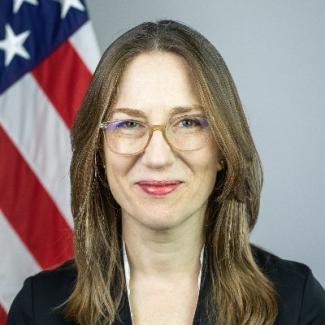
Heather Boushey
Member of the Council of Economic Advisors, White House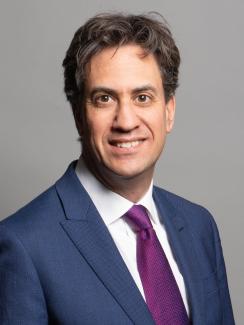
Ed Miliband MP
Shadow Secretary of State of Climate Change and Net Zero, Labour Party
Arkebe Oqubay
Senior Minister and Special Adviser to Prime Minister of EthiopiaAnna Valero
Distinguished Policy Fellow, Centre for Economic Performance
John Van Reenen
Ronald Coase School Professor, London School of Economics and Political ScienceAchieving a net zero economy requires an innovative industrial revolution. How can the UK and other nations create impactful policies to facilitate this transformation? And what implications will the green subsidies introduced by the Biden administration in the Inflation Reduction Act have on the United States, Europe, and the global community?

